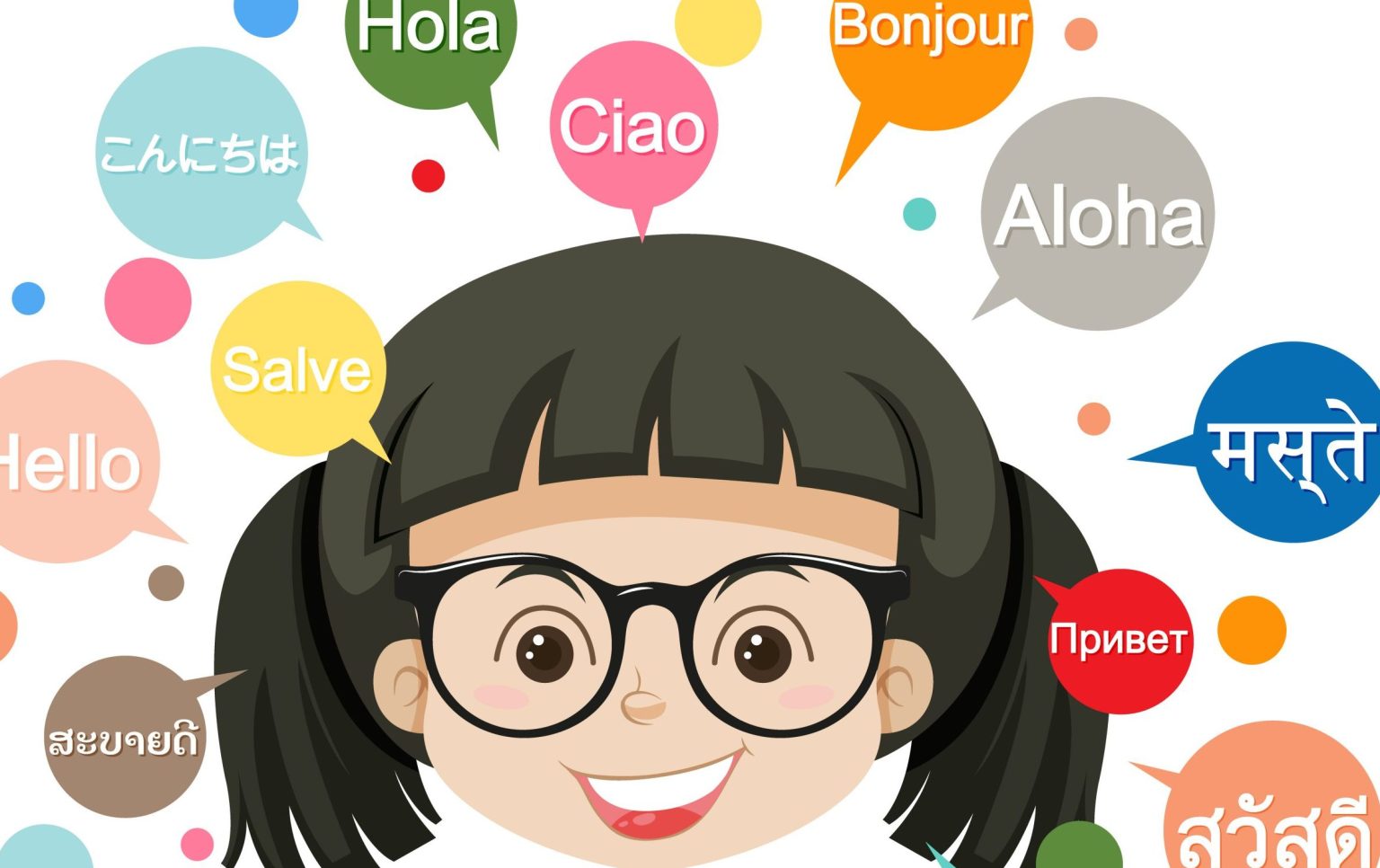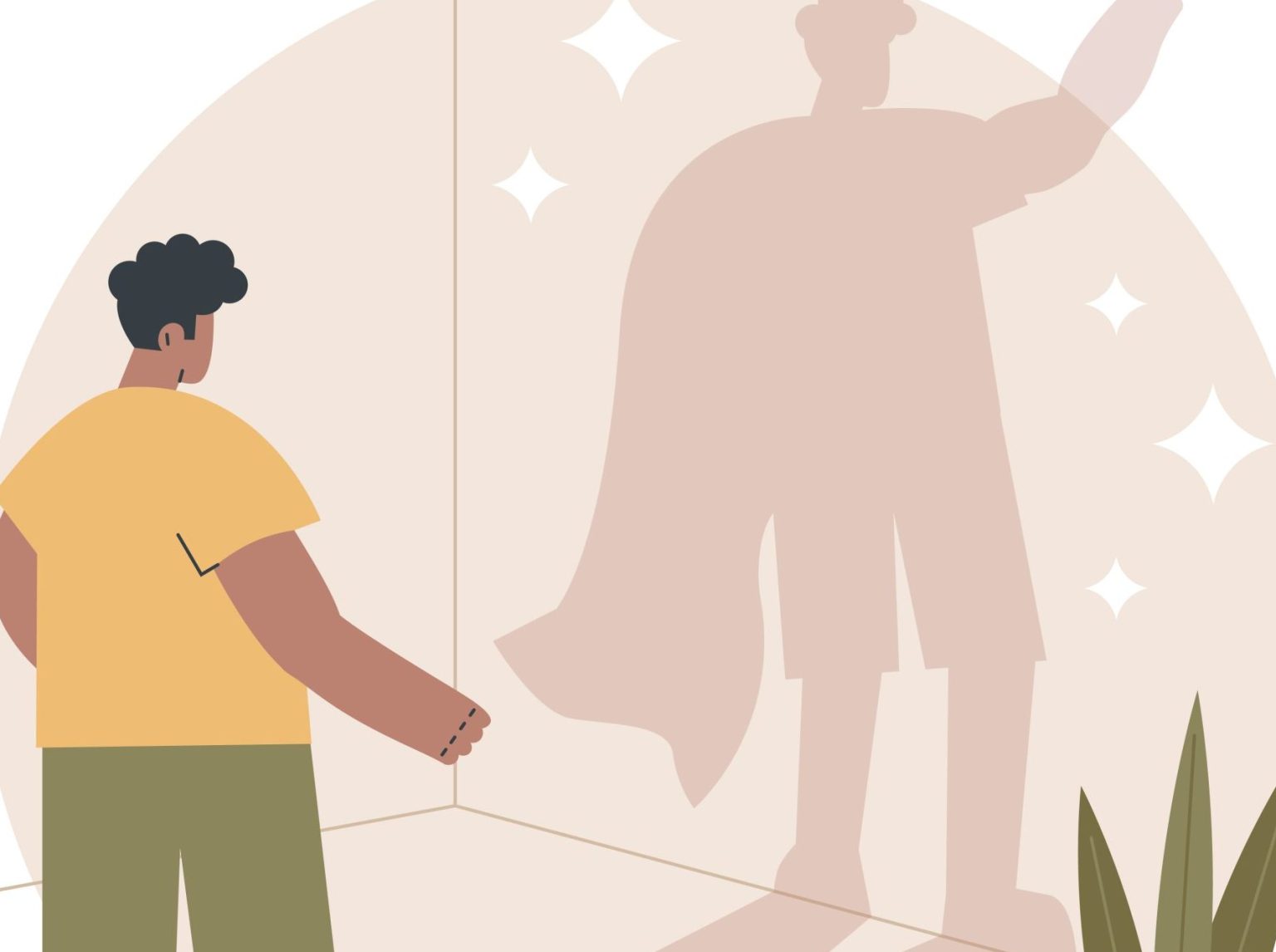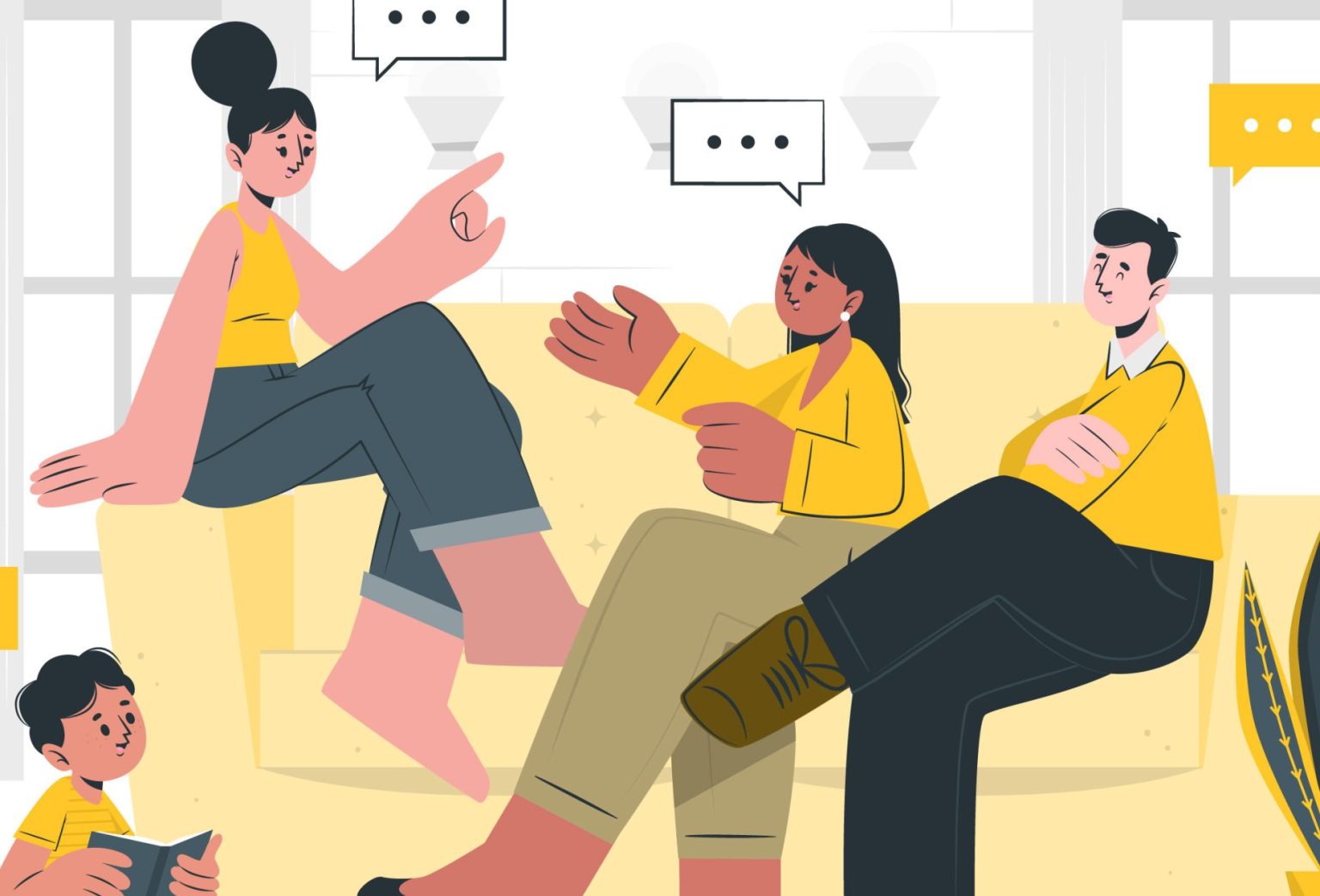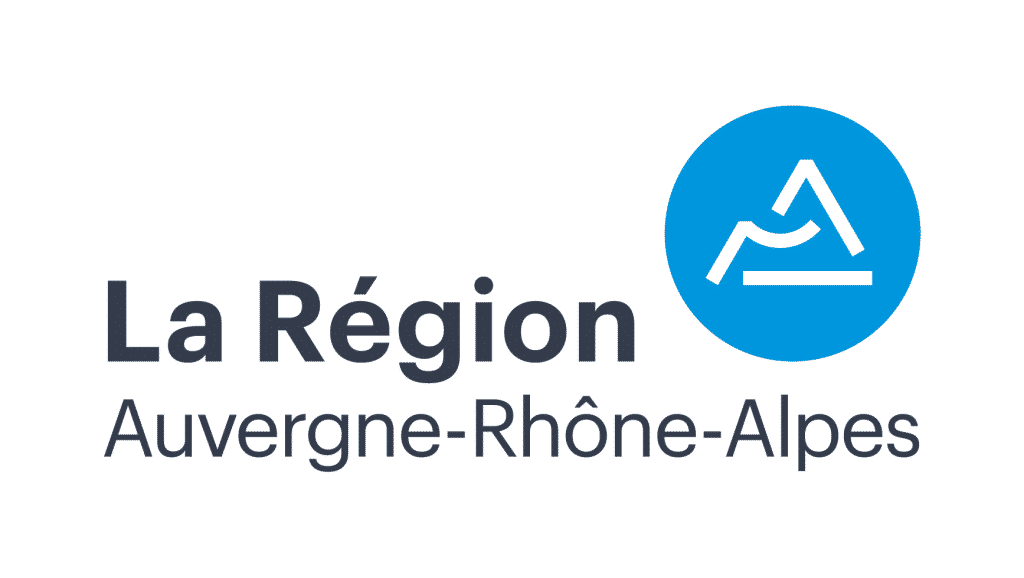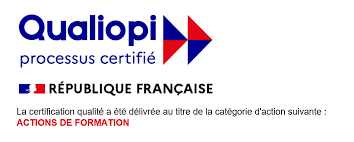This ‘wanderlust’ lead her to the UK for university, and it was here she learned language fluency doesn’t equate to, or guarantee, cultural fluency. She had assumed her fluent English would make fitting-in easy. But the reality was different. University study was a shock :
“In the UK, university lectures weren’t mandatory like they are in France, where university is more like an extension of school. UK Students were expected to supplement lectures with independent research, and form their own arguments. In France, this doesn’t happen.”
Socially it was even more jarring because she had a sense of cultural disconnect with her university peers. She explains : “I didn’t have a French accent, so everyone assumed I was British—but incredibly sheltered. I hadn’t grown up with EastEnders, Britpop, or British political satire. I could speak the language perfectly, but I couldn’t keep up with the in-jokes and cultural references.”
To catch up, she immersed herself in British culture. “I started watching EastEnders to understand different accents. I got hooked on Have I Got News For You, which helped me grasp satire and current affairs. That’s when I realised there’s so much more to fitting into a country than just speaking the language.”
She has since built on this understanding by developing culture courses for Upper Intermediate and Advanced learners at PDS Formation. These equip participants with a more in-depth appreciation of the nuances of French culture, going beyond vocabulary and grammar and exploring the reality of living in France.
